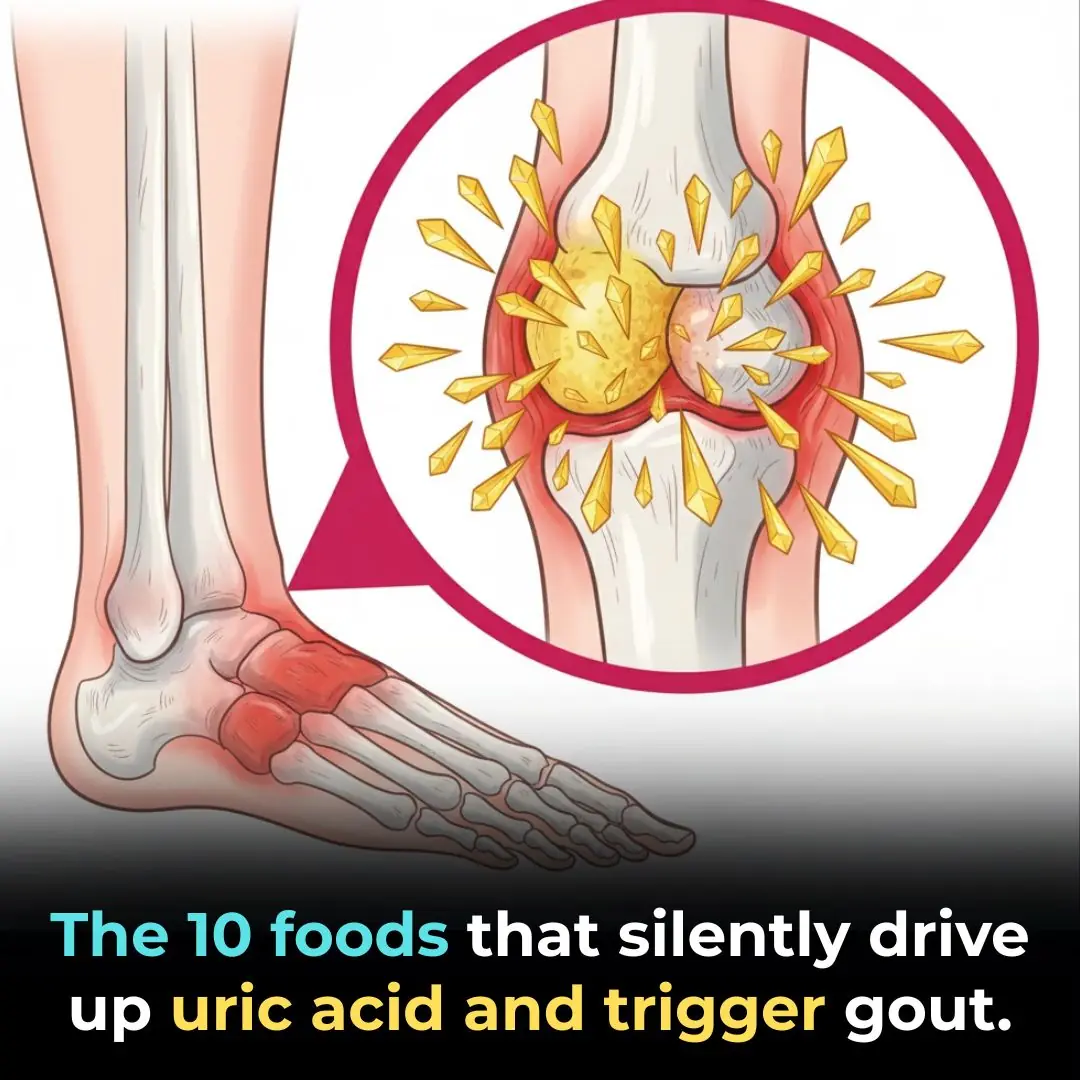
Five “Dirtiest” Parts of the Pig That Butchers Never Take Home for Their Own Families
In many traditional markets, experienced butchers know every detail about the animals they prepare for sale—how they are raised, how the meat should be handled, and which parts are considered the cleanest or the least desirable. Among these, there are certain sections of a pig that seasoned sellers often avoid bringing home for their own families. These parts are not necessarily dangerous, but they are commonly regarded as the “dirtiest” because of how they function in the animal’s body or how difficult they are to clean properly. Over time, these beliefs have turned into unwritten rules within the trade.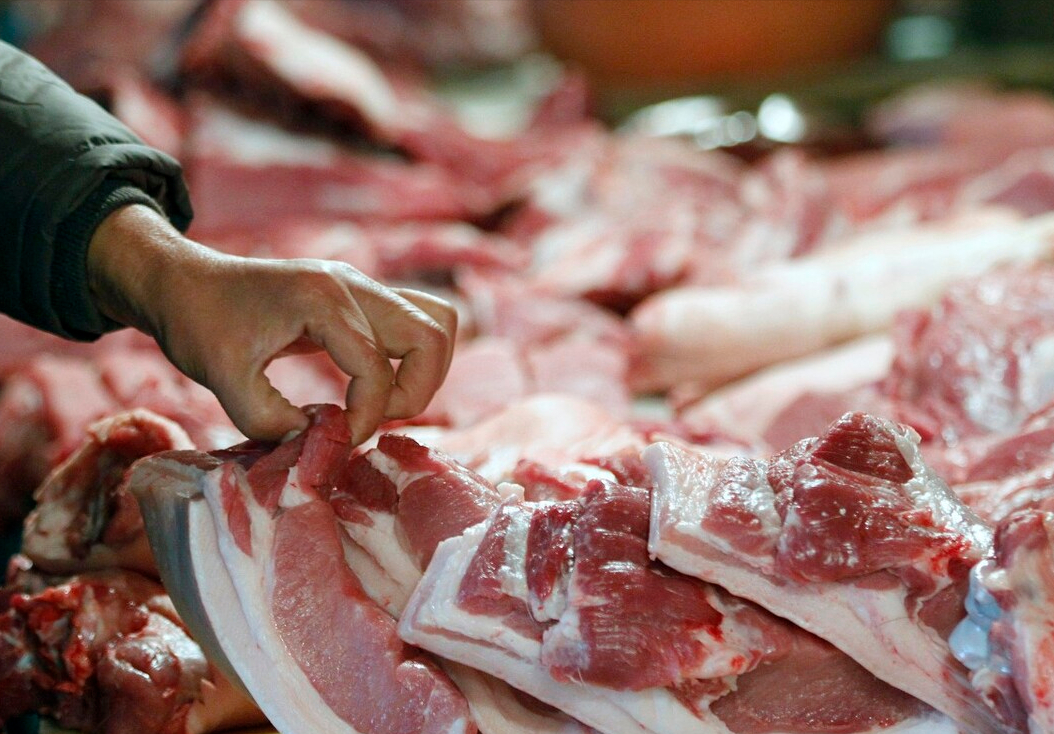
The first part many butchers avoid is the pig’s large intestine. Although it is commonly used in many dishes, cleaning it requires meticulous scrubbing, repeated washing, and careful preparation to remove residual waste and odor. Even after thorough processing, some sellers feel uneasy about its origin and prefer not to feed it to their children. To them, the effort required to make it acceptable simply outweighs the convenience of choosing cleaner cuts.
Next is the stomach, another organ that demands extensive cleaning. While it can be tasty when properly prepared, the stomach tends to retain a heavy smell and thick lining that traps impurities. Butchers often say they know exactly how much time it takes to make the stomach usable, and for that reason, many choose simpler, more straightforward cuts for personal consumption.
The third part is the pig’s blood vessels and clotted blood, sometimes sold for soups or specialty dishes. Because these structures carry waste materials through the body, sellers view them as the “pathways of impurities.” Though many people enjoy dishes made from them, butchers, who work with pigs daily, often prefer not to take these home. They say it’s not about fear, but about preference—they would rather choose cuts that feel cleaner and more natural to them.
Another part that butchers tend to avoid is the pig’s liver. Even though it is nutritious and widely consumed, the liver is responsible for filtering substances within the animal’s body. Some sellers believe this makes it one of the “dirtiest” organs in terms of the workload it handles. They also note that the liver often shows visible imperfections or discoloration, which affects its appearance. Many butchers, aware of how variable liver quality can be, choose to skip it altogether when selecting food for their own homes.
Lastly, the pig’s lungs are commonly left behind by sellers. The lungs act as the animal’s air filter and frequently contain trapped residue from the environment. Their spongy structure makes them difficult to clean thoroughly, and they can retain a gritty texture even after cooking. For many butchers, this alone is enough reason to leave the lungs at the stall rather than bring them back to their families.
Despite these preferences, it is important to note that these choices are largely based on personal experience and cultural perceptions within the trade. Many people regularly enjoy dishes made from these parts without issue, and there is a long culinary tradition surrounding organ meats in different cultures. The butchers’ avoidance of these items is less about fear and more about familiarity—they simply know which parts require more effort, more cleaning, or more skill to prepare.
What remains clear is that their decisions come from years of handling, observing, and preparing every part of the animal. Their choices reflect a practical mindset: when at home, they prefer cuts that are straightforward, easy to cook, and free from the complexities they face every day in the market. Through this unspoken rule, the butchers’ habits reveal not only their expertise but also their desire for simplicity and comfort when feeding their own families.
News in the same category

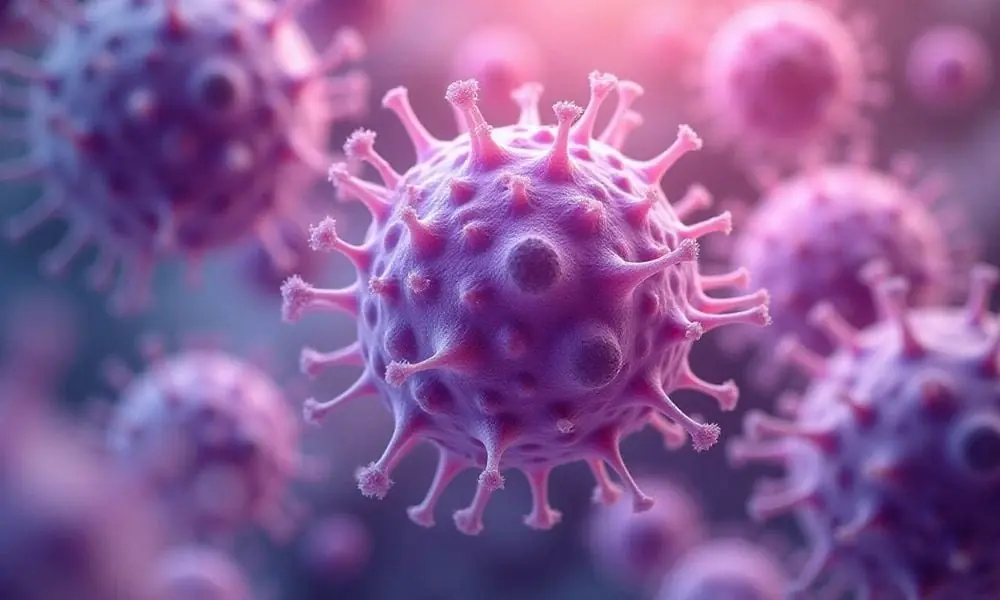
The Whole Family of Three Was Diagnosed With Thyroid Nodules; the Mother Collapsed: “I Thought Those Two Things Were Always Good to Eat and Could Prevent Cancer”

Top 10 foods that unclog arteries naturally and prevent heart attack

Eating beans daily slashes your risks of heart disease and diabetes, study finds

The #1 plant to eliminate mucus and phlegm instantly (how to use it!)

A single 4g dose can clear heavy metals, remove microplastics and cleanse the brain (do not use daily)

13 Surprising Signs Your Body Is Crying Out for Hydration

If You’ve Noticed Ridges in Your Fingernails, This Is What It Really Means

Research reveals the #1 vitamin for eye protection

5 Herbs Your Liver Wished You’d Start Eating More Often (Or At Least Try!)

Powerful Health Benefits of Pineapple You Should Know

12 Early Warning Signs of Dementia You Shouldn’t Ignore

Why You Should Avoid Kissing Your Pet, Especially on the Mouth

Why Female Anacondas Sometimes Eat Their Mates: The Extreme Strategy Behind Survival
Why Female Anacondas Sometimes Eat Their Mates: The Extreme Strategy Behind Survival
Why Female Anacondas Sometimes Eat Their Mates: The Extreme Strategy Behind Survival
Why Female Anacondas Sometimes Eat Their Mates: The Extreme Strategy Behind Survival
Why Female Anacondas Sometimes Eat Their Mates: The Extreme Strategy Behind Survival
News Post

Top 10 Uric Acid Foods To Avoid If You Have Gout

Belgium’s Floating Algae Mats: A Green Breakthrough in Urban Water Purification

France Reimagines Shelter Boundaries With Community Corn Walls

5 Simple Ways to Remove Rust from Knives – Make Your Dull, Rusty Knife Shiny and Sharp Again

5 Fruits on the ‘Blacklist’ That Can Cause Cancer – Avoid Buying Even If Cheap

“New Research Reveals How Aging Impacts Male Fertility and Sperm Health”
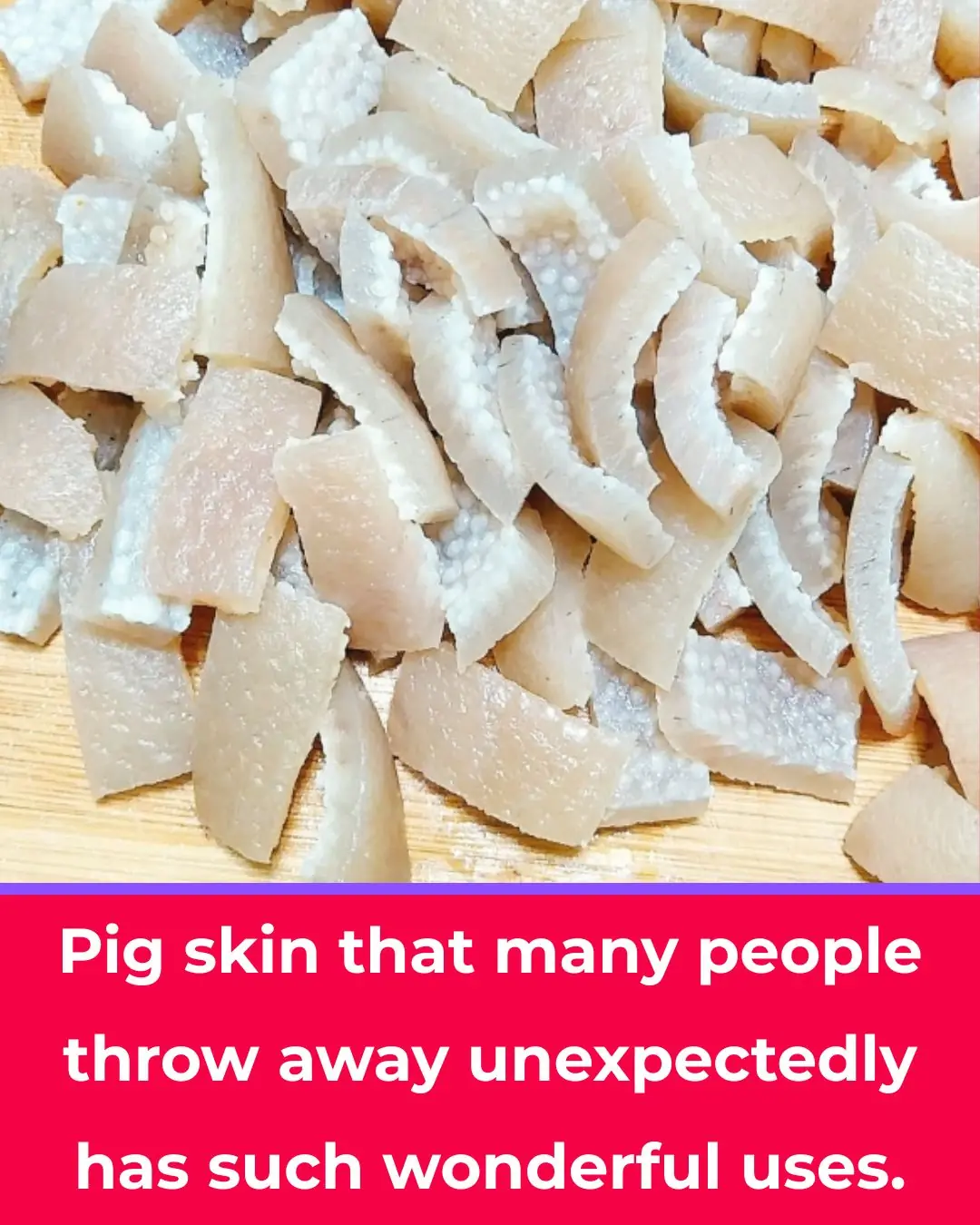
Pork Skin – The Often Overlooked Superfood

Don’t Throw Away Lemon Peels! Use Them for These 8 Household Tasks and Save a Ton of Money

10 surprising ways to use vinegar around the house
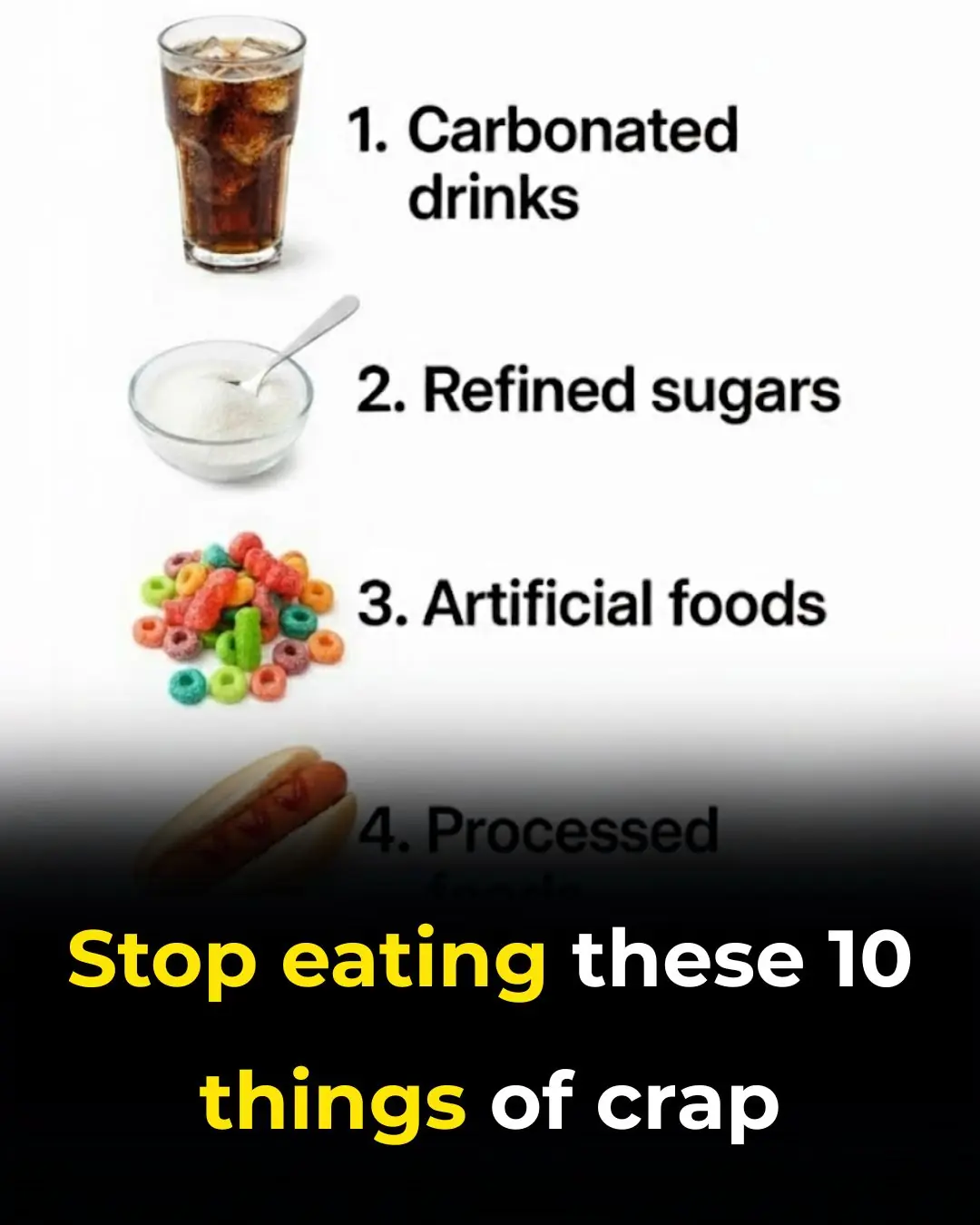
Stop eating these 10 things of CRAP
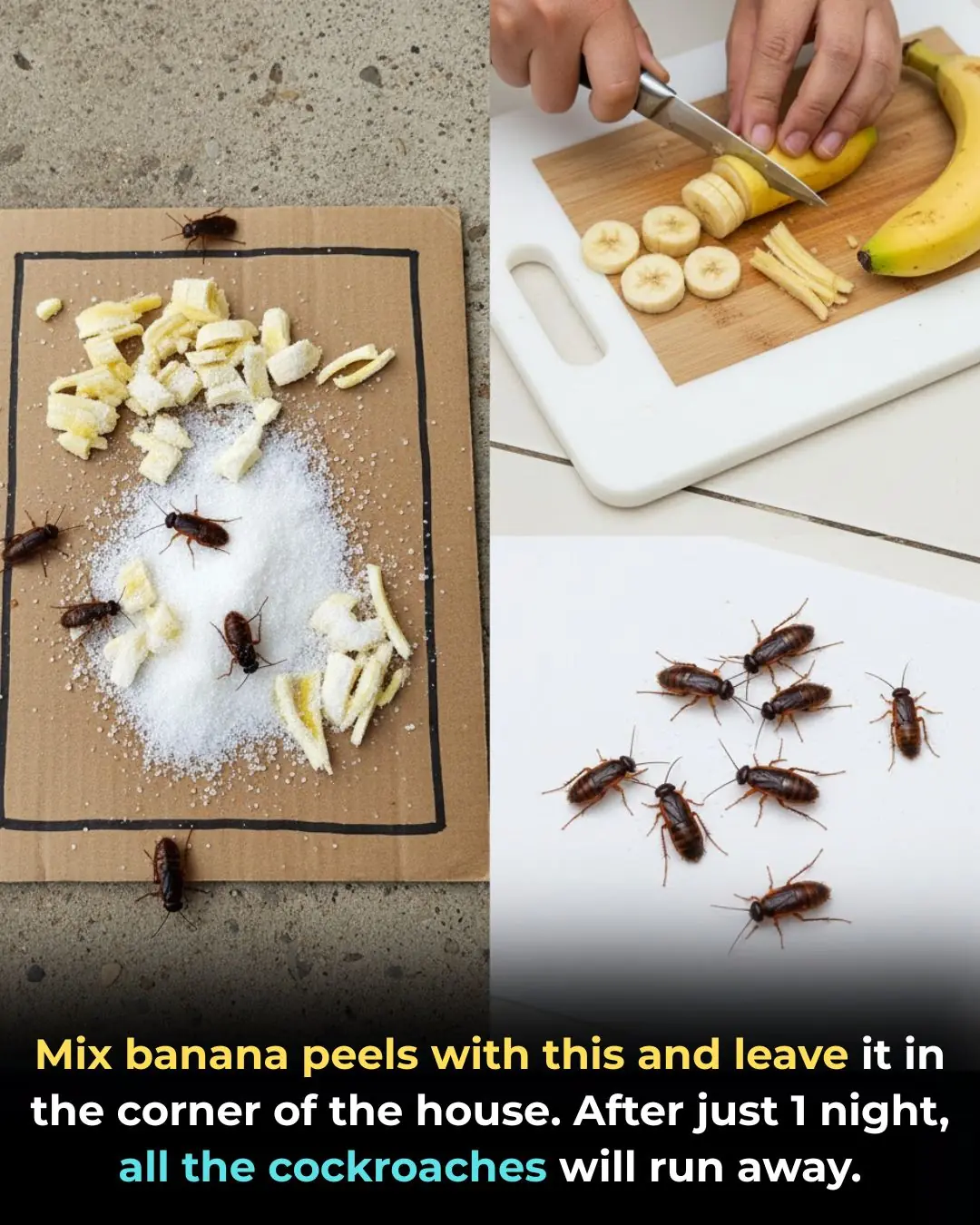
Mix Banana Peels With This and Leave It in a Corner — Roaches Will Disappear Overnight

Discover how eggs support your baby’s brain development — full details in the comments!”

Weak Toilet Flush and No Suction? A Simple Trick From a Professional That Fixes It Instantly
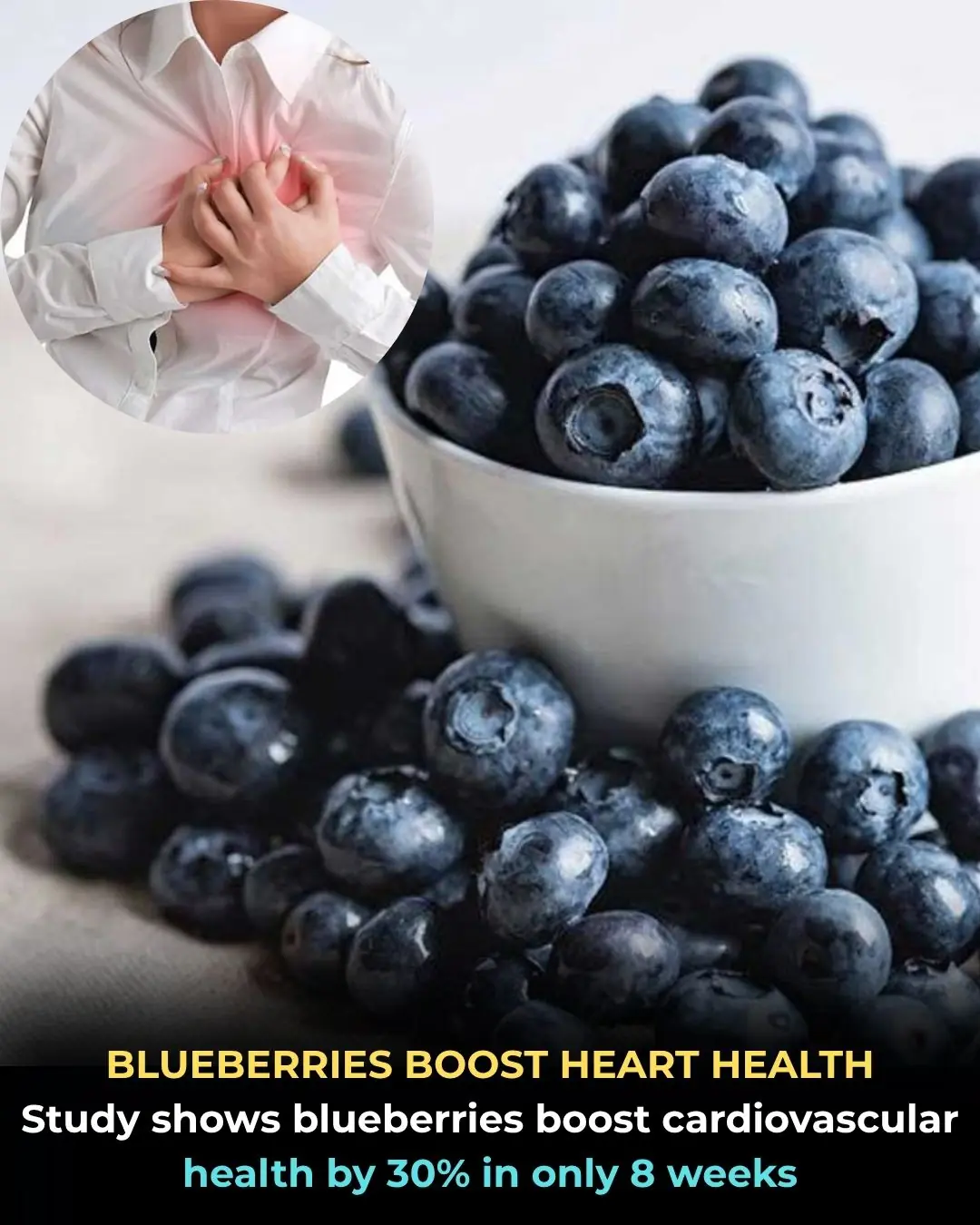
Blueberries: A Powerful Daily Boost for Heart Health

The Whole Family of Three Was Diagnosed With Thyroid Nodules; the Mother Collapsed: “I Thought Those Two Things Were Always Good to Eat and Could Prevent Cancer”

Motherhood Rewires the Brain: Why Postpartum Recovery Takes Years, Not Weeks

Eating More Than One Egg a Week May Slash Alzheimer’s Risk by 47%

CRISPR Breakthrough Offers Hope for a Potential HIV Cure
